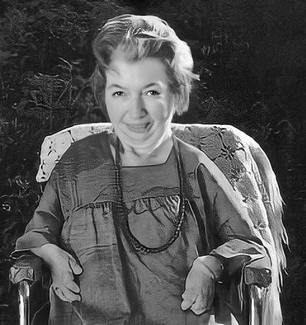All my book projects are waiting for other people to do various things before I get on with them so I’m back to working on my new fiction project and thinking about character names. This one’s a historical fantasy set in a version of seventeenth century England, and the names need to be convincing. So I’ve been perusing parish registers (really excellent sources of names and available online) and musing on Mercies and Marigolds, attracted to Amoses and Absaloms. Fine examples of names that evoke a sense of their time and sometimes their status also, such as Mercy Peak, traveller, who appears in the South Oxfordshire Baptismal Records collected by Anne Armstrong.[1]
Getting names right and getting them sounding right is an example of what Jo Walton calls the ‘Tiffany problem’: if something is so associated with a particular time readers won’t accept it in a different historical context even when it completely belongs there.[2] In her example, the name Tiffany doesn’t sound ancient although it derives from Theophania (epiphany) and has been fairly popular since antiquity.
In the case of Tiffany it was really Terry Pratchett who got there first, calling his big wee hag Tiffany Aching because it seemed such an amusingly unlikely name for a witch.[3] So, I was delighted this week to come across a Tiffany who is both from Tudor times and a Witch. This is Tiffany Simkin in Rosemary Sutcliff’s book ‘The Armourer’s House,’ in its wonderful recent reissue by Manderley Press.

Sutcliff is so utterly confident in her world building that I absolutely believe in her Tiffany, a wise-woman witch in the model Pratchett later valorises, occupied with herbs and warts rather than ‘Magick’. In fact I actually wonder whether this is a coincidence or if Pratchett might have read Sutcliff’s book. I am not Sutcliff and it doesn’t exactly fix my Tiffany problem though. For my project I think I probably shall lean into names that are both of their time and we associate with that time. Both Pratchett and Sutcliff’s naming decisions though show that there are no hard and fast rules for writing!
[1] https://rtfhs.org.uk/the-oxfordshire-travellers-parish-register-collection.
[2] https://www.torforgeblog.com/2019/05/21/putting-the-historical-in-the-historical-fantasy
[3] https://www.theguardian.com/books/2015/aug/30/the-shepherds-crown-review-terry-pratchett-discworld-posthumous

You must be logged in to post a comment.